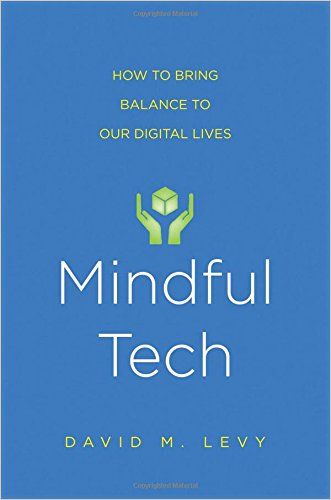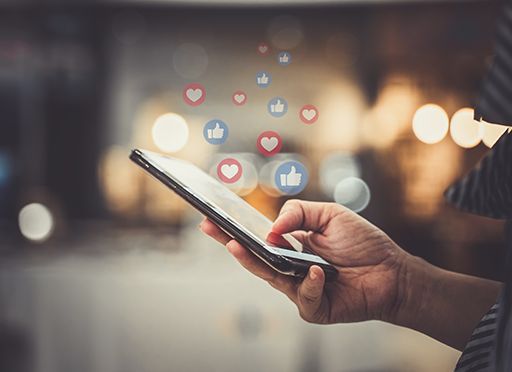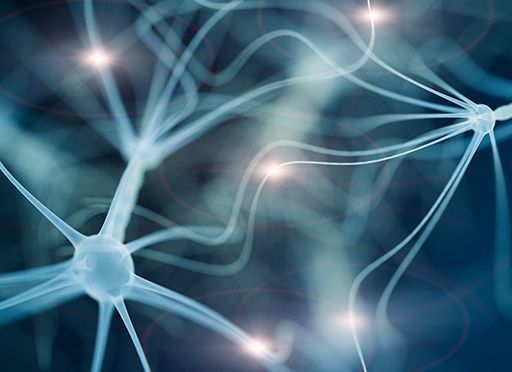This Is Your Brain on Social Media

First of all, social media have plenty of upsides. It’s been especially important during the pandemic, an invaluable way to keep in touch with friends and stay connected to colleagues, share information and feel somewhat normal. It can be an important component of crisis communication, low-cost company branding, not to mention personal branding. But too much time on your social platforms can be too much of a good thing. Here’s why:
1. Social Media Impair Your Ability to Focus
Humans evolved to respond to distractions in their environment. For centuries, people absorbed information linearly, which gave them deep understanding of whatever they were trying to learn. With the advent of the internet, people’s attention is more fragmented, with consequences for memory, creativity and learning, says Nicholas Carr, author of The Shallows.
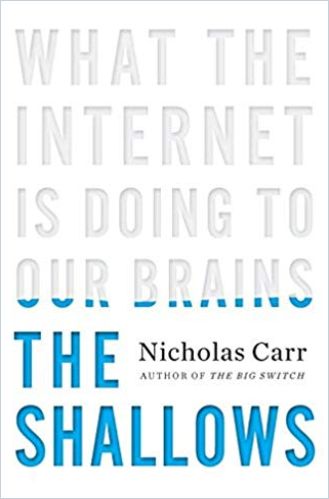
In the long run, a medium’s content matters less than the medium itself in influencing how we think and act.
Nicholas Carr
According to Carr, the brain once disrupted desires more disruption. Web-surfing or leaping from social post to social post is invigorating in some ways, and keeps the mind sharp, but too much destroys your ability to concentrate for a prolonged period of time. Extracting data from the internet fills short-term memory with unnecessary information making it harder for your brain to transfer relevant facts to long-term memory. Your long-term memory is crucial to your ability to learn new things, and to develop mastery.
2. Fragmented Attention Degrades the Quality of Your Thinking
People skim on the internet rather than read, and multitask rather than concentrate. You lose a lot of time figuring out what’s important and what’s not. Author Daniel J. Levitin says in The Organized Mind, even small decisions tax your brainpower. Humans can’t keep track of much more than “120 bits per second” which is roughly the rate of information flow generated when two people speak at the same time.
Multitasking leads the brain to fall back on established ways of thinking, ultimately working against creativity. The brain likes the “frenziedness” of taking in information in fragments, which a constant news feed literally feeds. But nonstop distraction resulting in shallow thinking blunts human empathy and decreases intimacy. Levitin suggests building breaks into your routine and making important decisions early in the day, before distractions pile on, to improve the quality of your thinking.
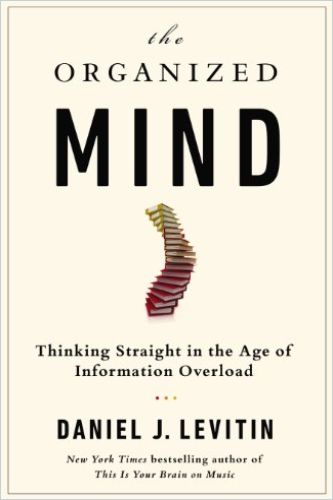
Your online behavior is a resource social media companies keep track of in order to sell to advertisers. To keep you clicking, platforms feed you information you are already interested in rather than contrary views, reinforcing already-held biases. Algorithms turn slight preferences into increasingly polarizing recommendations. To an algorithm, the easiest way to keep your attention so you remain engaged is to make you angry or upset, which impacts your ability to evaluate information.
3. Social Media Platforms Are Designed to Addict You
Tech companies purposely build disruption into their interface. This persuasion architecture is designed to appeal to the brain’s desire for novelty to keep you clicking.
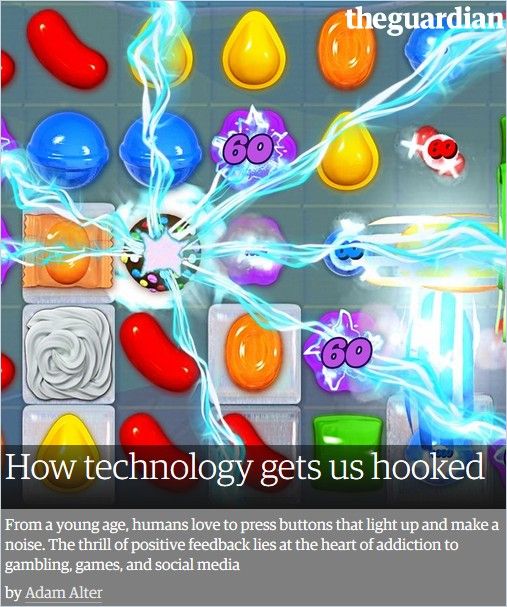
According to NYU psychology professor Adam Alter in “How Technology Gets Us Hooked,” “behavioral addictions” can be more insidious than substance addictions since they harness what are generally positive human desires to keep learning and improving. But technologies that employ persuasion architecture use these drives against you, tricking you into ceaselessly scrolling on social media.
From a young age, humans are driven to learn, and learning involves getting as much feedback as possible from the immediate environment.
Adam Alter
When your posts gets “likes” or comments, your brain’s reward center is activated and you get a hit of dopamine. It’s the same kind of engineering casinos use to keep you playing slot machines, that a reward is just around the corner if you keep playing, or in the case of social media, scrolling. It’s powerful stuff. And like all addictive substances, when you aren’t getting it, you crave more. Next thing you know, you’re engaging for the likes. If leaving your phone behind when you switch rooms or go for a walk fills you with anxiety, you may be developing a social media addiction.
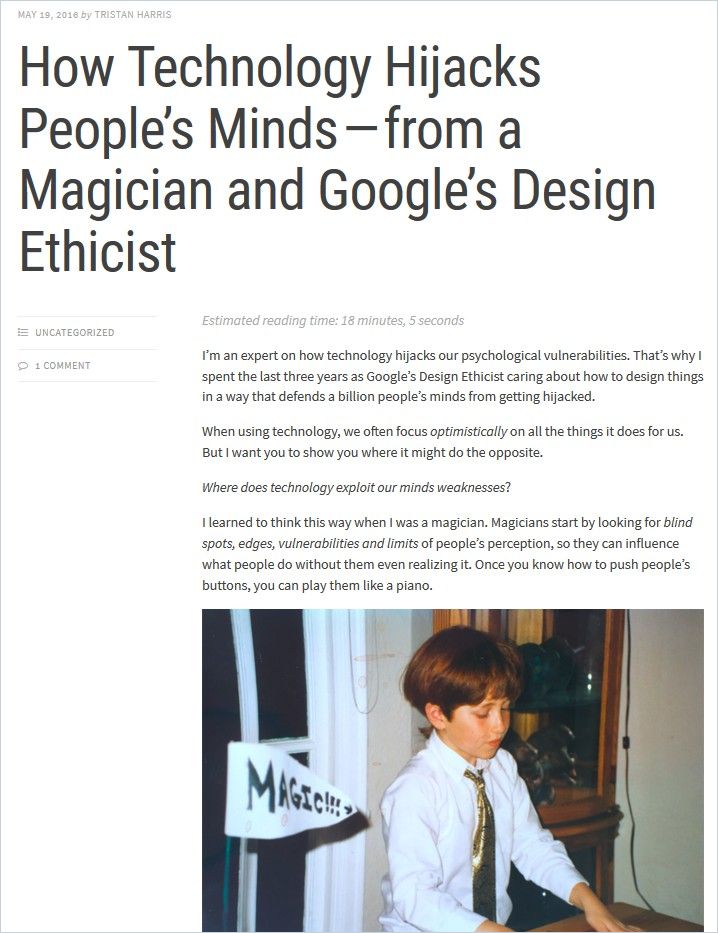
How Technology Hijacks People’s Minds – from a Magician and Google’s Design Ethicist
Tristan Harris4. Social Media Can Have an Outsized Influence on Your Self-Esteem
Social media fulfill people’s need for social contact and interest in gossip and news. But social media users carefully curate what they present on their accounts. This often leads others to envy what they see and compete to also publish envy-worthy posts. Most posts don’t reflect anyone’s experience of daily life, just the highlights. Prolonged social envy and competition leads to anxiety and depression. Author Chelsea Wald delves into this topic in her article “Is Facebook Luring You Into Being Depressed?”
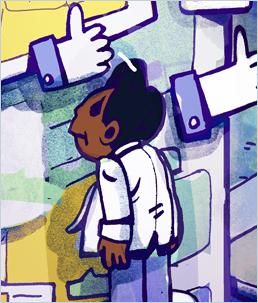
Melissa G. Hunt, a psychologist at University of Pennsylvania, demonstrated a link between the amount of time people spend on social media and depression. This stems from the powerful “fear of missing out” (FOMO) that compels constant social media scrolling. Researchers recommend spending no more than 30 minutes per day on social media platforms, but suggest that just being aware of the amount of time you’re spending on them can blunt their damage to well-being.
5. Social Media Connections Can’t Take the Place of a Real-Life Network
It’s ironic that people will ignore the friends or family they’re with to check on their virtual friends. Constantly checking your social accounts keeps you checked out of your in-person relationships, to their detriment.
In his report “Why Social Media Doesn’t Create Social Intelligence,” Jeremie Kubicek recommends “socially adept people” maintain a healthy balance between on and off-line relationships by learning when to shift gears and meeting people where they are, literally and figuratively. Social media can, however, be a great place for introverts to begin building their network.
But you’ll get the biggest benefit networking in real life. It’s still the best way to deepen relationships. Once Covid-19 rules relax, start shifting your social life back off-line.
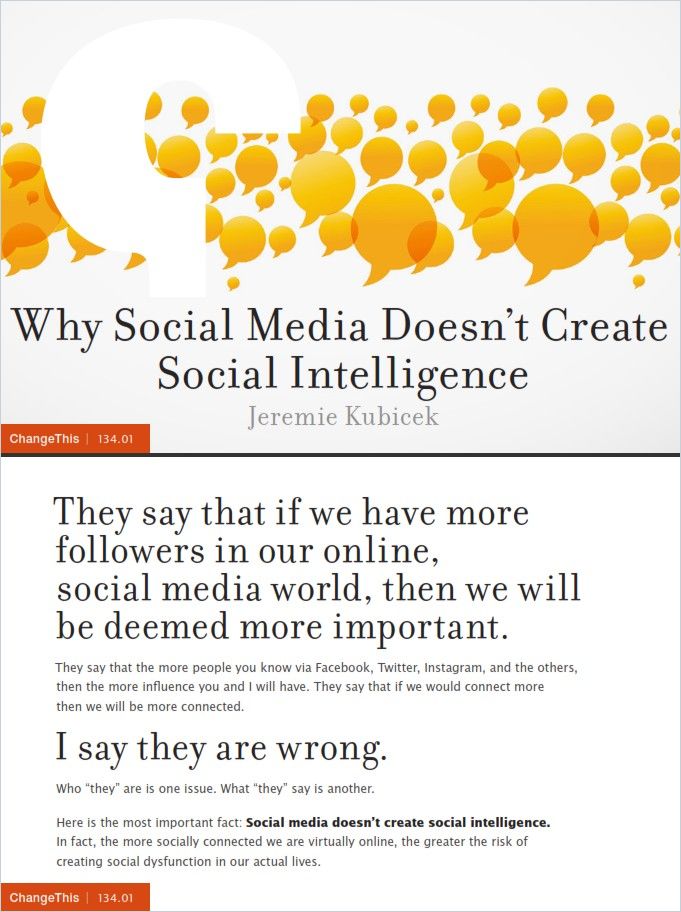
The more socially connected we are…online, the greater the risk of creating social dysfunction in our actual lives.
Jeremie Kubicek
Former Google executive Tristan Harris warns of systemic “downgrading of humans” while technologies improve to take advantage of human weaknesses by design. He is part of a Time Well Spent initiative to get social media companies to consider interface design in more humane terms.
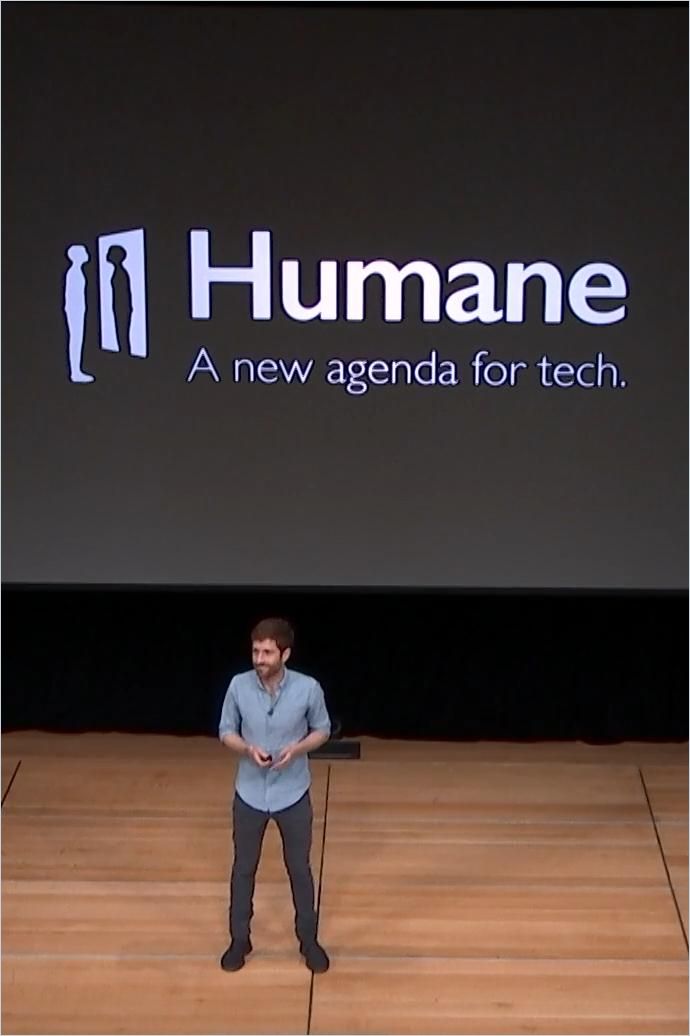
Meanwhile, David Levy, author of Mindful Tech, suggests the first step to taming technology in your own life is just to be aware of how you use it and how it makes you feel. Author Cal Newport recommends finding a rhythm in your work life so you can perform “deep work” without distractions and “draining the shallows” to make room for your priorities.
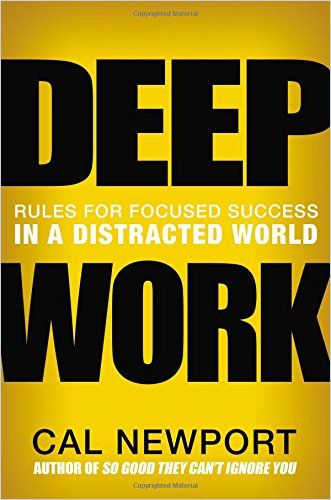
You take control of your social media time when you:
- Check in only during downtime.
- Limit your social media surfing to 30 minutes per day, to minimize hits to your sense of well-being.
- Turn off notifications.
- Remove social apps from your phone so you’re not tempted to check every time you pick up your cell.
Keep these tips in mind and social media can be a lifeline, adding to your well-being instead of depleting your energies.

